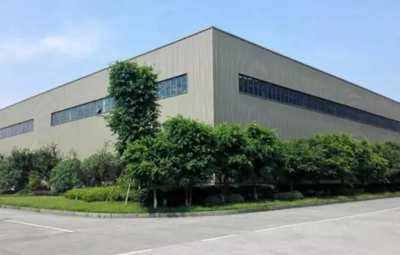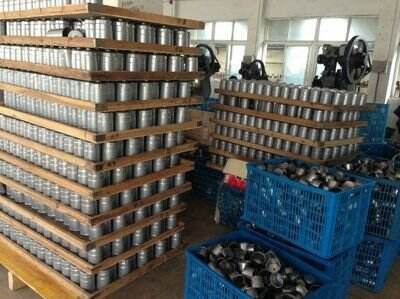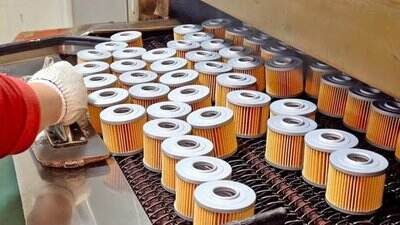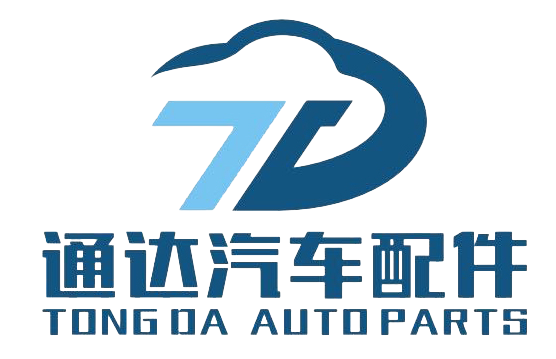Optimization of Production Process in Automotive Filter Factory: Exploration Based on Deep Understanding of Automotive Engines
Optimization of Production Process in Automotive Filter Factory: Exploration Based on Deep Understanding of Automotive Engines
In the automotive industry, filters are key components that ensure the normal operation of engines, and their quality and performance directly affect the reliability and durability of the entire vehicle. With the continuous advancement of automotive technology, the performance parameters of engines are becoming increasingly complex, and the requirements for filters are also increasing. As a manufacturer of filters, a deep understanding of the working principle and performance parameters of automotive engines is of great significance for optimizing production processes and improving filter quality. This article will explore how to optimize the production process based on an understanding of automotive engines from the perspective of automotive filter factories.

In depth understanding of automotive engines: the foundation of filter production
The automobile engine is the main service object of the filter, and its working principle, performance parameters, and usage environment have a profound impact on the design, manufacturing, and service life of the filter. Firstly, the working principle of the engine determines the type and quantity of substances that the filter needs to filter. For example, the fuel filter of a gasoline engine needs to filter impurities and moisture in the fuel, while the fuel filter of a diesel engine requires higher filtering accuracy to prevent tiny particles from entering the high-pressure injection system. Secondly, the performance parameters of the engine, such as power, torque, speed, etc., determine the working pressure and flow rate that the filter needs to withstand. These parameters directly affect the structural design and material selection of the filter. Finally, the operating environment of the engine, such as temperature, humidity, dust, etc., also imposes special requirements on the performance and lifespan of the filter,
Optimization of Filter Production Process Based on Engine Understanding

1. Material selection and optimization
Based on the understanding of engine performance parameters, filter factories can select suitable materials more accurately. For example, for diesel engines with high-pressure injection systems, the filter needs to use filter materials that can withstand higher pressure and temperature. At the same time, according to the working environment of the engine, materials with good corrosion resistance and wear resistance can be selected to extend the service life of the filter.
2. Structural design optimization
The performance parameters and operating environment of the engine have clear requirements for the structural design of the filter. For example, for high-speed engines, filters need to be designed with higher flow channels to ensure good filtering performance even during high-speed operation. In addition, optimizing the sealing structure of the filter according to the working environment of the engine to prevent external impurities from entering the engine is also the key to improving the performance of the filter.
3. Production process improvement
After understanding the performance parameters and usage environment of the engine, the filter factory can make targeted improvements to the production process. For example, adopting more advanced manufacturing technologies such as laser welding, ultrasonic welding, etc. can improve the sealing and durability of the filter. At the same time, by optimizing the production process, reducing pollution and waste during the production process, the overall quality of the filter can also be improved.

4. Quality control and testing are based on an understanding of engine performance parameters, and filter factories can establish stricter quality control standards and testing processes. For example, conducting comprehensive testing on the filtration efficiency, pressure loss, corrosion resistance, etc. of the filter to ensure that each filter can meet the requirements of the engine. In addition, by establishing a comprehensive quality tracking system, it is possible to track the production process and raw material sources of each batch of filters, providing strong guarantees for product quality.
Continuous innovation to meet the needs of engine technology upgrades
With the continuous advancement of automotive technology, the performance parameters and operating environment of engines are also constantly changing. The filter factory needs to maintain attention and research on engine technology, and promptly follow up on upgrades and changes in engine technology. Through continuous innovation, we have developed filter products that are more suitable for the needs of the new generation of engines, in order to meet the market's demand for high-quality filters.
4、 Conclusion
In summary, by deeply understanding the working principle, performance parameters, and usage environment of automotive engines, automotive filter factories can optimize production processes and improve filter quality. This not only meets the market's demand for high-quality filters, but also enhances the market competitiveness and brand image of filter factories. In the future, with the continuous advancement of automotive technology and changes in the market, filter manufacturers need to continue to strengthen their research and understanding of engine technology, driven by continuous innovation, to promote the healthy development of the filter industry.

 EN
EN







































